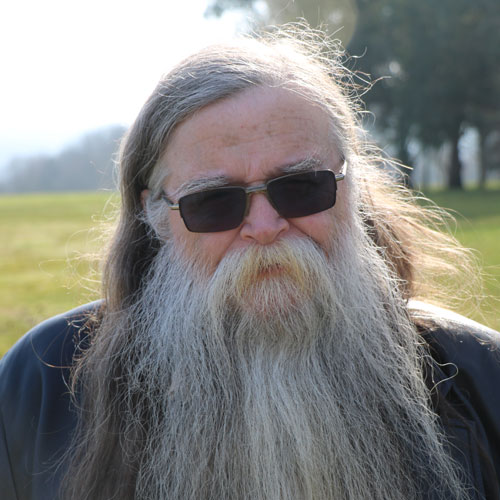
Professor Michael Fischer
About
Michael D. Fischer is an anthropologist who has worked mainly in the Punjab and Swat in Pakistan, and the Cook Islands. His major interests are in the representation and structure of indigenous knowledge, cultural informatics, and the interrelationships between ideation and the material contexts within which ideation is expressed.
Currently Emeritus Professor in the School of Anthropology and Conservation, over a career of 35 years at Kent, Michael worked on projects integrating biological and ethnobiological information, identifying illegal wildlife sales online, tracking animal traffic with sensors and micro-controller units, and using spatial methods for conceptualising and analysing data, including soundscapes. He has most recently been looking at the complexity of online social networks and how to represent and analyse these as multidimensional networks of partially overlapping information flows.
A developer of microcomputer hardware and software during the 1970s, in 1985 he took up a post in Anthropology. Initially, computing methods from AI and neural networks served as his base, organised around a “Software Tools” paradigm to support research computing. This evolved to create larger data sources, better data mining approaches, and a software tools paradigm based around online services.
He has developed software for recording genealogies, kinship terminologies and tools for identifying mathematical structure in these; interactive media annotation tools; tools for representing and analysing large scale networks; tools for collecting ethnographic interviews and representing results from these in expert system and agent-based models.
Since 1986 he has developed services platforms, leading to the Ethnographics Gallery in 1993, one of the first few hundred web sites, and in 2005 to AnthroGrid, distributed across institutions rather than a single platform. Current AnthroGrid related projects include a services platform for the Human Relations Area Files at Yale, the NSF funded Complex Social Science Supercomputer Gateway at UC Irvine, and Kinsources, hosted by the TGIR HumaNum, Paris.